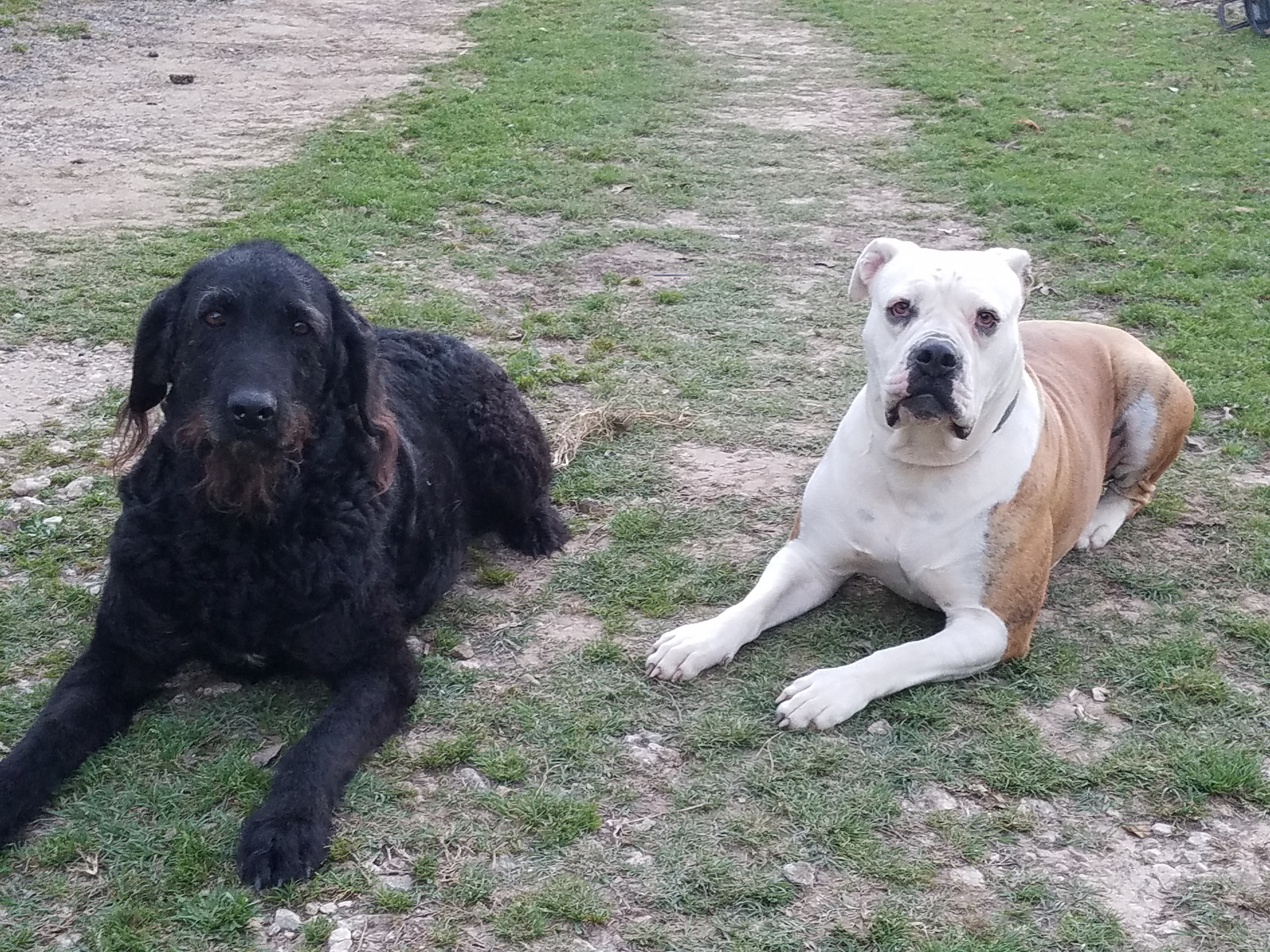This week I have heard no fewer than 3 people brag about how quickly other trainers have trained their dogs. “I sent him my dog and the dog knew beginner obedience in two weeks!” My thoughts? Oh? Is that all? In positive reinforcement training we have a saying: “Fast is slow and slow is fast.” Counter intuitive for sure. What it means is that rushing your dog through training will ultimately make the training take longer. In horse training we said “If you have 5 minutes it will take all day, but if you have all day it will take five minutes.” The sentiment is the same: DON’T RUSH. People in a hurry make mistakes.

Still, I can easily teach almost any dog (room for error, though I haven’t had any exceptions yet) the absolute basics in two weeks. Here’s the breakdown: On average it takes anywhere from 2-5 days to earn a dog’s trust. Happily, the majority of dogs who take longer to trust actually take less time to learn. This means that the first entire day and possibly the first whole week of a boarded dog’s training time is taken up with bonding. It also means that the entire remainder of the 14-days a dog spends with me is entirely in training. I don’t spend time teaching the dog to come when called. That’s established very well in the period of bonding. Dogs who love us, trust us, and think we’re fun always come when called. If your dog doesn’t come when called, evaluate your relationship and read Your Dog’s Paycheck and A Foolproof Come. You probably need to work on your bond and those are good places to start.
I can and usually do teach a dog to sit, lay down, and stay in a matter of minutes. It’s all in the timing. Pun intended. The faster you can identify that your dog has performed a requested task, reward that performance, and repeat that sequence, the faster the dog will learn what it is that you want. Most of my clients are private lesson clients or group lesson clients and those processes are different: I’m teaching those clients HOW TO TRAIN a dog. It takes longer for a human to break old habits (repeating cues, not watching the dog, etc) than it does for the dog to actually learn to associate the cue with the behavior. Establishing the new habits and learning to reward promptly takes more time.
In addition to all of these factors we must add in the dog’s personality, experiences, and the human’s schedule. Even if we COULD devote every hour of every day to training with our dogs, it wouldn’t do us much more good than simply working consistently. Our dogs are learning from us every time they interact with us. The more consistent you are, the more consistently your dog will behave. If you consistently ask your dog to sit to be greeted, he will very quickly understand that he will not be rewarded (greeted) until he is sitting politely. If you pet him and shove him away when he jumps on you, he understands that he can get what he wants by jumping.
Good trainers and handlers understand that training takes time. The only way to speed up good training is to increase the frequency and consistency of the response to a cue. Practice, practice, practice!
So when you’re looking for a trainer or have begun working with one, understand that you’ll be doing some work too. If you send your pup to the trainer for 2 weeks of training, even the best trainer can establish a good foundation, teach the cues, and return the dog for you to continue maintaining that understanding. You will always have work to do with your dog. Practice!
